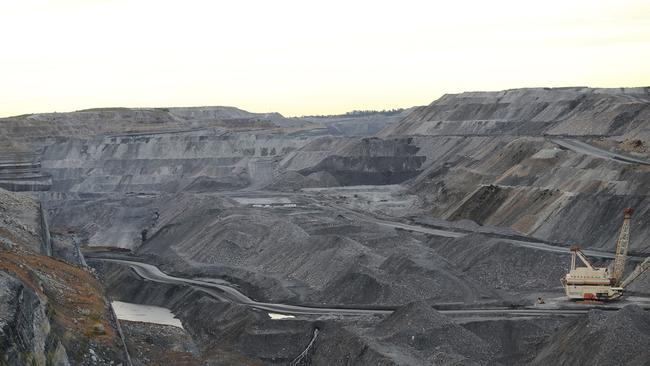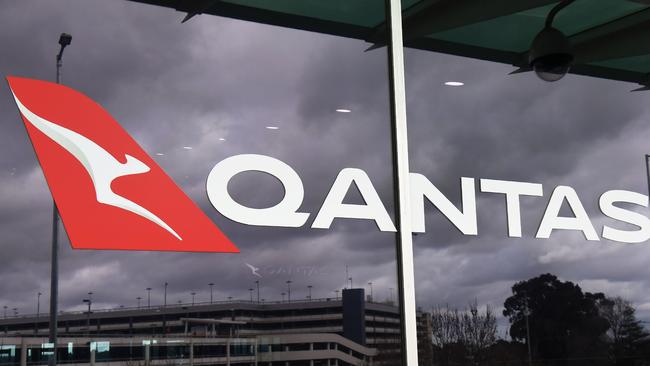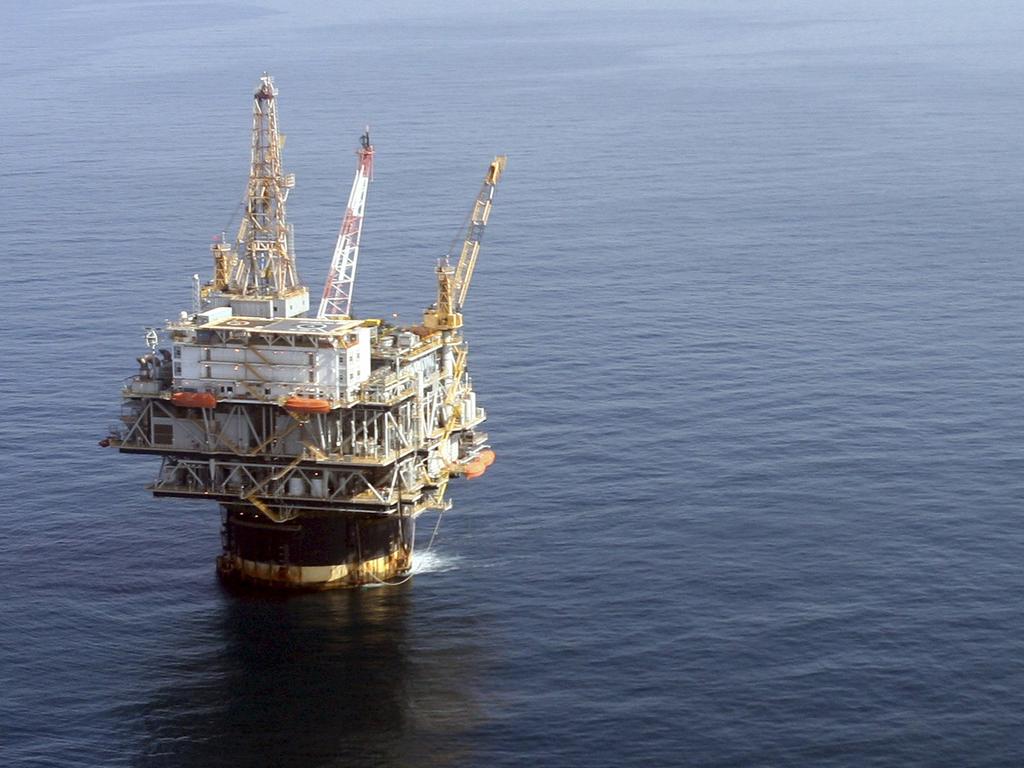Corporates face ‘greenwashing’ crackdown
Businesses without renewable targets are relying on carbon offset schemes which Greenpeace said are ineffective and corporate ‘greenwashing’.

Some of Australia’s highest polluting companies have set net zero emission targets without firm plans to end their use of coal or commit to 100 per cent renewable electricity, a new report has found, raising accusations of “greenwashing”.
While just over half of Australia’s 80 top emitting ASX200 companies have now set net zero or carbon neutral goals, only 16 companies plan to cut operational emissions by switching to clean energy rather than fossil fuels, analysis from Greenpeace Australia Pacific shows.
Businesses without renewable targets are relying on carbon offset schemes which the green campaigner said are ineffective and corporate “greenwashing”.
“While protecting and restoring our rapidly declining forests is hugely important in its own right, land-based carbon offsets such as tree planting schemes cannot repair the climate damage caused by burning coal, oil and gas,” said Dr Nikola Čašule, Greenpeace Australia Pacific Head of Research and Investigations.
“In almost all circumstances, carbon offsetting is ineffective and no more than corporate ‘greenwashing’. The carbon dioxide emitted from fossil fuel consumption exceeds tenfold the amount that could be sequestered through land-based mitigation methods.”
Companies including Qantas, Woodside Petroleum and AGL Energy are making net zero claims without reducing emissions from their use and production of fossil fuels, Greenpeace said.
It called for Australian businesses to follow the lead of Woolworths, Coles and Telstra and commit to switching to 100 per cent renewable electricity by 2025.
The role of coal in the long-term energy mix has been called into question by the International Energy Agency after it declared no new coal mines, oilfields or gas fields should be opened up if the world is to reach net-zero emissions by 2050.

A United Nations timetable has also stated Australia has less than 10 years to shut its coal mines and find new jobs for workers as pressure escalates for the nation to cut greenhouse gas emissions. UN assistant Secretary-General Selwin Hart says the goal to keep future warming below 1.5C within reach requires “the urgent global phase-out of coal”.
Australian corporates are increasingly under pressure on climate change as institutional investors such as Climate Action 100+, backed by domestic superannuation funds, use their power to hold companies to account.
While many Australian companies have committed to net zero goals, delivering on that intent remains hugely uncertain.
BHP, for instance, has set a net zero emissions target by 2050 for both its direct suppliers and shippers of its products, but said on Tuesday it will not extend the goal to its steelmaking customers. While many countries and corporations alike have signed up to reach net zero goals by 2050 or sooner, BHP said there were still major hurdles when it came to the steelmaking industry including technology gaps.
Coal producers also remain vulnerable as the finance industry clamps down on its exposure to the fossil fuel and its high carbon emissions.
ANZ chief executive Shayne Elliott said in December he was proud the bank had not lent “a dollar” to any coal miners since his appointment in 2016, while the nation’s bank regulator has warned of the unprecedented impact of climate change on all parts of the financial system, putting lenders and insurers on notice they need to be on top of the risks to their businesses.
Ratings agency S&P weighed in on Wednesday saying the pool of money available to fund the coal sector is shrinking, increasing the cost of that capital.
“S&P Global Ratings believes these market forces will increase liquidity and refinancing risks for companies as debts mature. They could also pressure ratings if the cost of debt continues to rise and issuers do not respond by reducing leverage,” said S&P Global Ratings credit analyst Richard Timbs.
“We also believe rising capital costs will cause asset owners along the coal chain to reduce investment in upgrading or enhancing physical assets to extend their operating life.”








To join the conversation, please log in. Don't have an account? Register
Join the conversation, you are commenting as Logout